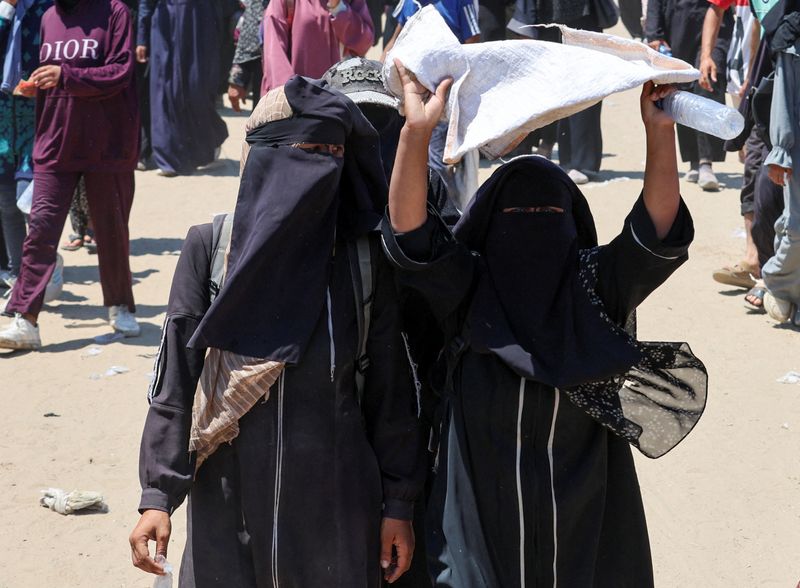The humanitarian situation in Gaza has reached a critical juncture, drawing sharp international condemnation, with France’s foreign minister recently denouncing a U.S. and Israel-backed aid distribution system as both a “scandal” and “shameful.” This powerful statement underscores mounting concerns over the efficacy and safety of current aid distribution challenges in the besieged enclave, highlighting the deepening Gaza humanitarian crisis.
In a scathing address, Jean-Noel Barrot, France’s Minister for Foreign and European Affairs, explicitly called for the immediate cessation of activities by the Gaza Humanitarian Foundation (GHF). He starkly described the militarized approach to aid delivery as having tragically resulted in a “bloodbath” along the distribution lines, a grave accusation that demands immediate attention and reform in Middle East conflict humanitarian operations.
The GHF, a controversial entity utilizing a U.S. logistics firm operated by a former CIA officer and armed U.S. veterans, has been at the center of this criticism. Despite these serious allegations, the Foundation vehemently denies any deadly incidents occurring at its specific sites, asserting that the most tragic events have transpired near other, unrelated aid convoys, contributing to the complexity of the aid distribution challenges.
Disturbingly, United Nations estimates paint a grim picture, suggesting that Israeli forces have been responsible for the deaths of over 1,000 individuals seeking food since May, many of whom were reportedly near GHF’s militarized distribution points. These alarming figures amplify calls for greater accountability and transparency in the ongoing Gaza humanitarian crisis and the broader handling of civilian protection.
The Israeli military, while acknowledging civilian casualties from its gunfire near distribution centers, states that its forces have now received clearer instructions to prevent such occurrences. Furthermore, Israel frequently accuses Hamas fighters of diverting humanitarian aid, an allegation the militant group steadfastly denies, adding another layer of complexity to the already tense Middle East conflict dynamics.
Countering Israeli claims, the United Nations has stated it has not found substantial evidence to support the assertion that Hamas is significantly diverting aid. In turn, Hamas accuses Israel of intentionally causing starvation within Gaza and exploiting humanitarian aid as a strategic weapon, further exacerbating the dire Gaza humanitarian crisis and its profound human cost.
In a proactive move to alleviate the suffering, Minister Barrot announced that France would commence four humanitarian flights from Friday, each carrying 10 tons of crucial aid into Gaza. These vital efforts, undertaken in close cooperation with Jordan, exemplify a direct response through international diplomacy to the urgent needs on the ground.
Cyprus had previously served as a crucial staging point in 2024, facilitating the sea delivery of approximately 22,000 tons of pre-screened aid via a temporary U.S.-built landing jetty. Currently, around 1,200 tonnes of this aid remain on the island, awaiting conditions conducive to its safe delivery, underscoring the persistent aid distribution challenges and the need for sustained UN aid efforts.
This evolving situation underscores the intricate web of political, military, and humanitarian factors at play, demanding concerted international diplomacy to ensure that aid reaches those who desperately need it without further loss of life. The stance taken by France foreign policy reflects a broader global concern for the protection of civilians and the principles of humanitarian law amid the Middle East conflict.






Leave a Reply